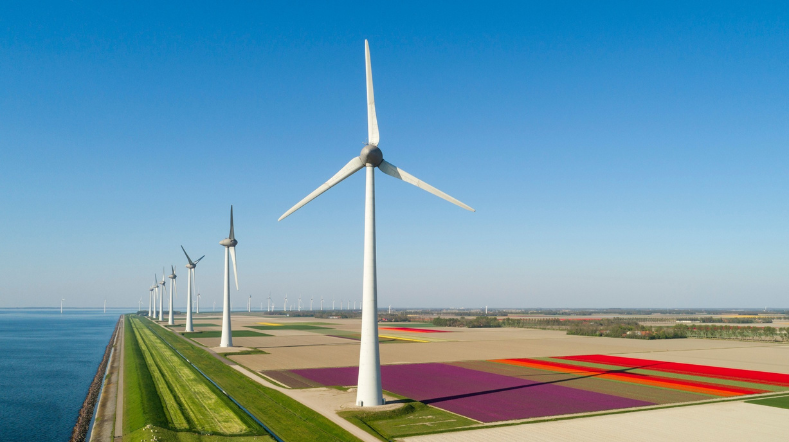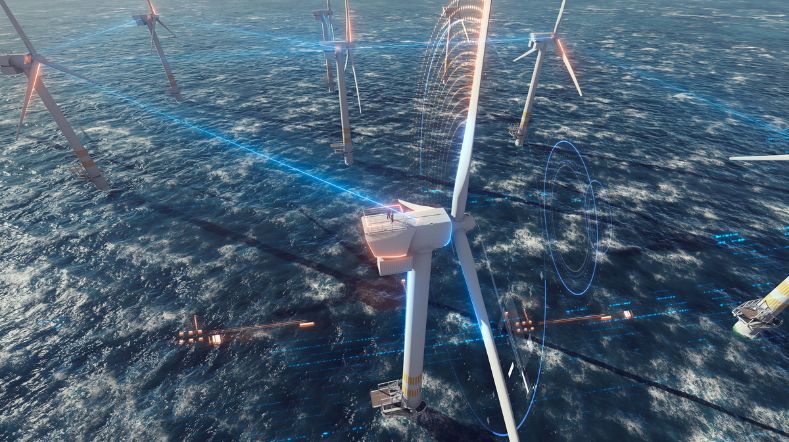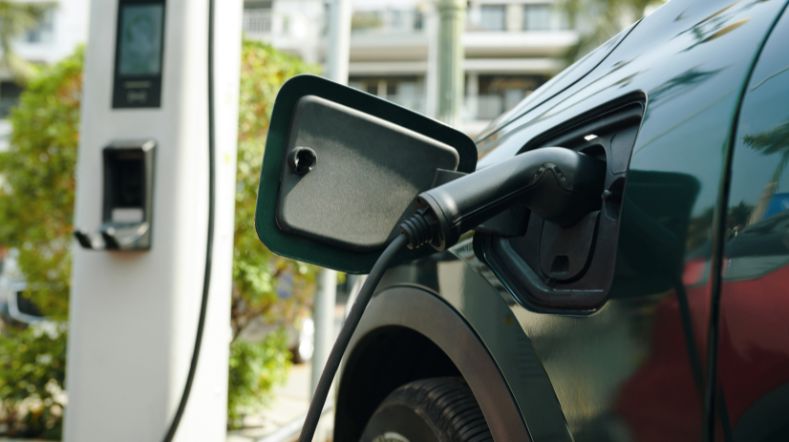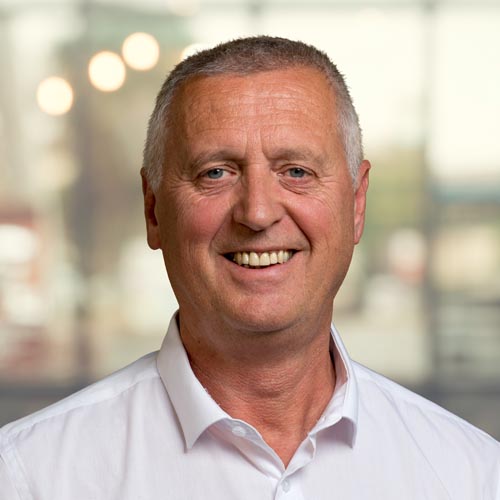Technical catalogue based on Danish model to accelerate the roll-out of district heating networks
To accelerate the slow roll-out of district heating networks in the Netherlands, TNO has researched how a technology catalogue, based on the Danish example, could help municipalities in decision-making on sustainable heating solutions. Although new legislation intends to give municipalities control over district heating networks, they sometimes lack the information to make well-informed decisions.

‘In the Netherlands, there is often a lack of clarity about the costs of heating networks. A technology catalogue offers a lot of transparency in Denmark.’
Lack of transparency in the Dutch heating market
'We often don’t know exactly where the costs for district heating networks come from in the Netherlands,' says Jacob Janssen, energy transition researcher at TNO. 'A technology catalogue has been immensely helpful in Denmark in creating the much-needed transparency.'
In addition to the lack of transparency, the operation of a district heating network is a monopoly, with consumers not adequately protected. Municipalities often struggle to shape and implement a more guiding role.
Local heating, centralised control
A district heating network delivers hot water via a network of pipes to homes and businesses for heating and hot tap water. This makes it an alternative to natural gas, as it can use renewable sources such as (local) residual heat, geothermal energy, or solar thermal energy. One significant difference from natural gas is that transporting heat over long distances is inefficient. Consequently, district heating networks are inherently local in nature.
Internationally, there is also a trend towards systems that provide both heating and cooling, integrated with electricity and heat storage. These systems operate at increasingly lower temperatures and have various local sources. Each of these systems has its own characteristics based on the local situation and preferences. The importance of local control is therefore growing steadily. Yet, district heating in the Netherlands is not organized in accordingly.
Because of this local character, one might expect decisions to be made at the local level. However, control is largely in the hands of a few major players. 'In the Netherlands, five large companies provide about 85% of the heat, with three commercial companies accounting for around 75%. This is far removed from the consumer. The Netherlands has, of course, a long history with our own natural gas, and this way of organising things is deeply embedded in our energy system,' Jacob explains.
New law offers but limited local control
The new Collective Heat Act (Wcw) is intended to bring district heating networks largely into public hands. However, local control remains limited: municipalities may be just one of many shareholders in a national public company, alongside other municipalities and large-scale public players.
'In the proposed legislation's tender system, areas are designated for heat delivery, and a heating company is already appointed before the detailed tender plan is ready. The municipality can then only make limited adjustments,' Jacob explains.
This stands in stark contrast to Denmark and other countries, where district heating networks are much more locally organised and have become fully integrated. 'In Denmark, people often queue to be connected to a district heating network,' Jacob says. 'But here in the Netherlands, we see that people want to disconnect because of the high costs.'

'With the catalogue, municipalities can better compare project proposals and learn from each other thanks to a widely accepted, objective knowledge base.'
Learning from Danish transparency
TNO investigated whether the Danish approach could help Dutch municipalities in their new guiding role. In Denmark, a national technology catalogue plays an important role in the local decision-making process regarding district heating networks:
'When a municipality makes a choice for a heating solution, a plan must be submitted according to a predefined format. With such a format, a shared understanding of what the model outcomes mean is created,' Jacob explains.
'The catalogue provides a widely accepted, objective knowledge base that helps municipalities make the right choices and effectively monitor heating companies. This way, municipalities can better compare project proposals and learn from each other.'
A similar catalogue could mean a lot for Dutch municipalities because costs are so opaque. However, the Danish model should not be copied outright.
'In Denmark, since the 1970s, during the energy crisis, a strong push for district heating networks was made. The networks there have often been fully written off, and traditional techniques are applied. For the latest and best techniques and innovations, you need to look elsewhere. But we can learn a lot from their approach, organisation, and transparency.'
Successful local initiatives
The Netherlands already has some successful examples of local heating initiatives. In the area of very low-temperature heating/cooling systems, experimentation is still ongoing, but in Heerlen, the Mijnwater initiative features an innovative fifth-generation heating and cooling network that uses water from former mine shafts.
'This system can not only heat but also cool, which is becoming increasingly important due to the rising demand for cooling,' Jacob explains. 'The system also facilitates direct exchange of cold and heat between different consumers, allowing consumers to generate their own energy.'
Accelerating through collaboration
TNO aims to accelerate the process of district heating networks by providing the right parties with the right information and connecting them. We bring municipalities, network operators, housing corporations, energy companies, and technology suppliers together.
According to Jacob, it would be immensely helpful if local parties had the right tools to make well-informed decisions. 'The good will is there, but more transparency is needed. And then local control.'
'In addition to the technology catalogue, TNO is also working with 25 partners on the CHILL project, where we are developing a standardised approach for innovative fifth-generation networks in five municipalities,' Jacob says. 'This will provide municipalities with better decision-making tools, housing corporations can make their properties more sustainable at lower costs, and network operators can plan their infrastructure more efficiently.'
Accelerating the roll-out of district heating networks together?
Through our interdisciplinary approach, TNO not only offers technical solutions but also insight into participation, governance, and financing models. Contact us for innovative solutions that are economically viable and socially accepted.
Get inspired
Decentralised developments offer major potential for reducing grid investment


The energy system of the future


Grid congestion


Smart networks for a future-proof energy system


Queue on the power grid could slow down the mobility transition



